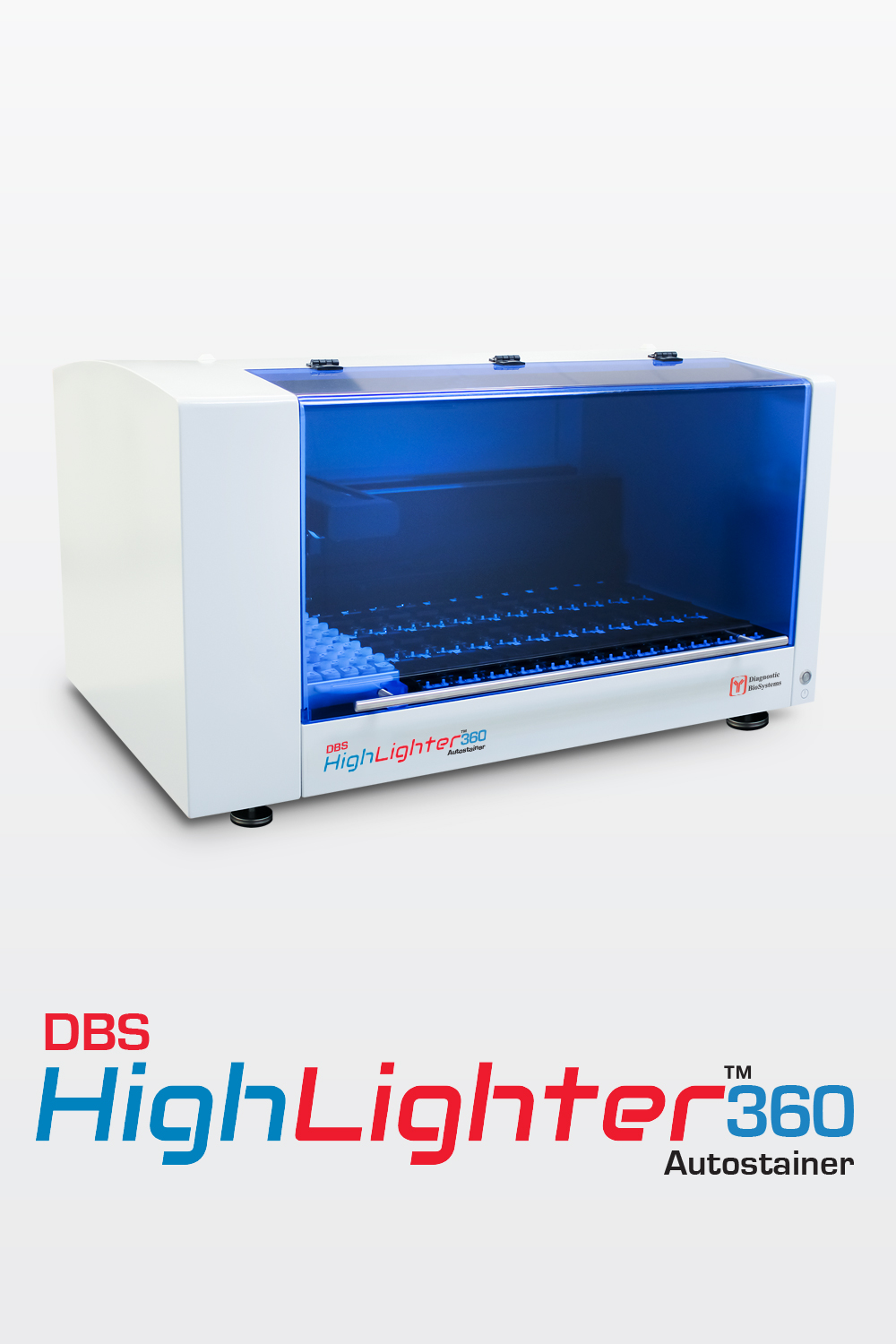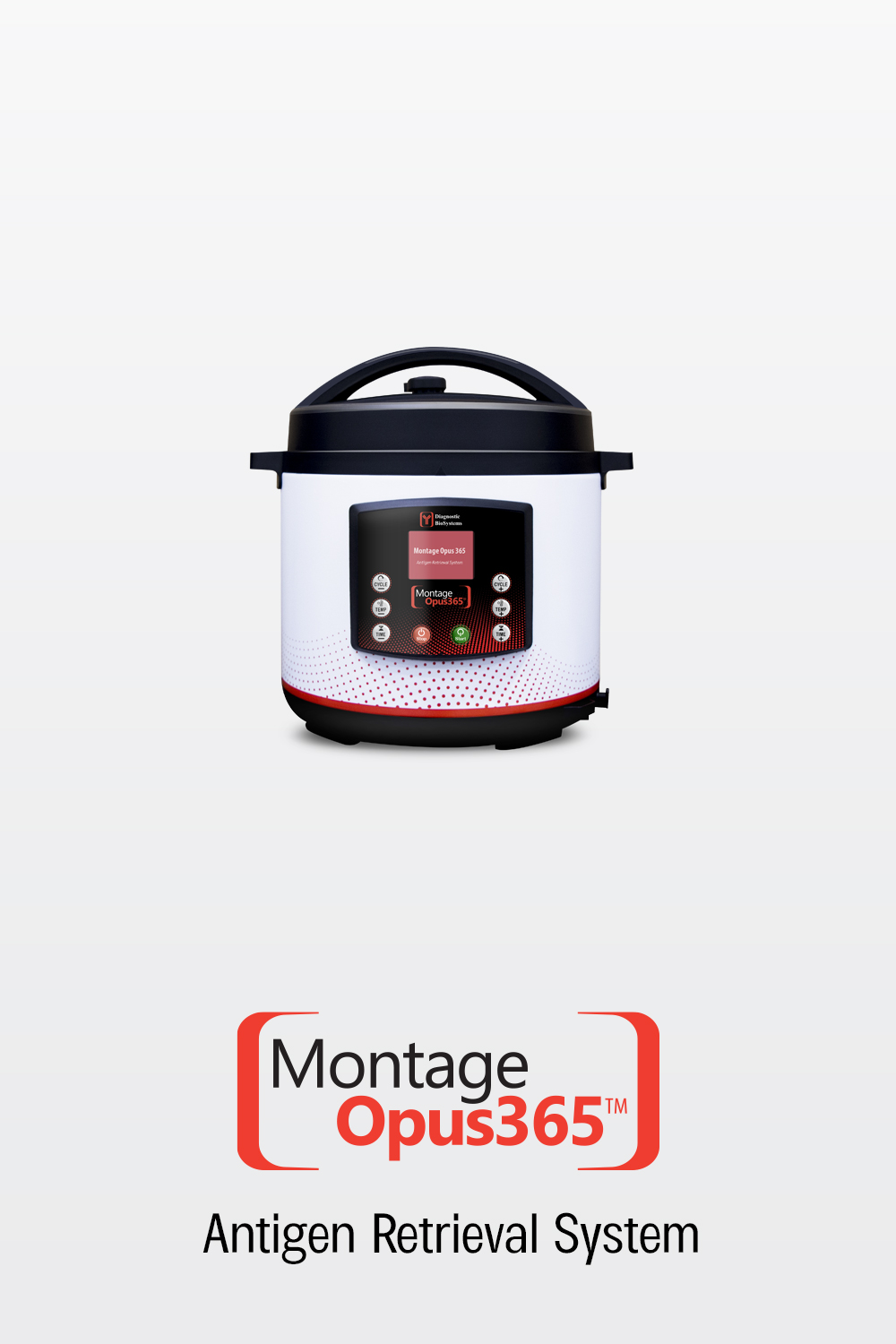Blog
Appendix Cancer Awareness!
At Diagnostic BioSystems, we believe in the power of knowledge and the importance of awareness in the fight against cancer. This month, we focus on Appendix Cancer – a rare but serious disease that requires collective attention.
Appendix cancer, also called appendiceal cancer, is a rare disease, which has an incidence of 0.12 cases per million people per year in the United States. Appendix cancer typically affects patients in their fifth to seventh decade of life. Patients with appendix cancer at early stage usually do not present symptoms, however, most patients do show some non-specific symptoms such as abdominal pain, bowel habit changes etc..
Patients are often diagnosed after an appendectomy due to acute appendicitis, although sometimes imaging studies, such as Xrays or CT scans, could reveal the existing tumor of the appendix. Therefore, patients with nonmucinous adenocarcinoma or signet-ring cell carcinoma of the appendix most often present with incidentally identified lesions following appendectomy for appendicitis or other indications. Patients with mucinous adenocarcinoma of the appendix most often present after rupture of the primary tumor with spread of mucin and tumor cells throughout the peritoneal cavity.
Immunohistochemistry (IHC) can be of help in differentiating between primary appendix tumors and secondary appendix tumors, with appendix cancer cells being usually positive in CK20, SATB2, MUC2, and CDX2, but CK7 and MUC5 being variable, and PAX8, ER, and CK14 being negative. If there is a neuroendocrine differentiation, such as appendix carcinoid tumor, neuroendocrine markers such as synaptophysin, chromogranin and CD56 would help.
The integration of IHC in cancer diagnosis represents a significant advancement in the precision and personalization of cancer care. By leveraging this powerful technique, we can achieve earlier detection, better characterization, and more effective treatment planning for patients.
CDX2: https://dbiosys.com/product/cdx2-ep25/
CK20: https://dbiosys.com/product/cytokeratin-20/
CA19.9: https://dbiosys.com/product/ca-19-9/
CEA: https://dbiosys.com/product/carcinoembryonic-antigen-cea/




